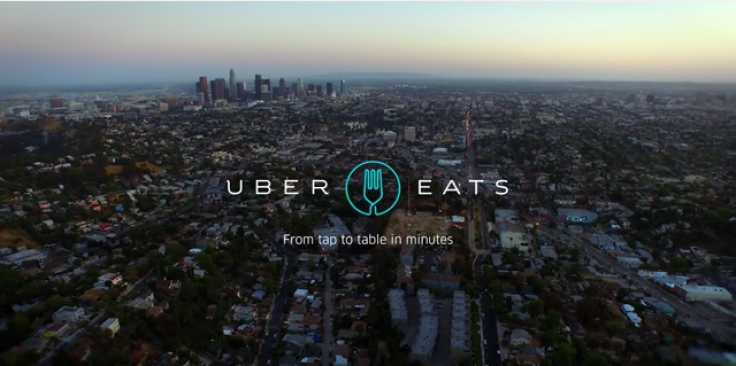Australians are spending $2.6B annually on food and drink delivery: research

Australians are spending $2.6 billion every year on food and drink deliveries with one-third of adults from capital cities ordering these needs to be delivered to them, a new research has found. Online food delivery services are now worth 12 percent of sales of the restaurant, cafe and takeaway food services industry.
New research from comparison site Finder.com.au has found that Aussies are spending a fortune to have their food delivered through companies like Deliveroo, Menulog, UberEats and Foodora. Finder’s money expert Bessie Hassan said that Aussies who order through these food delivery services are doing so almost once per week.
Hassan said 68 million online food orders were made in Australia each year. That amounts to 7,000 each hour.
Aussie households reportedly pay about $12,300 annually for food and non-alcoholic drinks. It gets easier with more restaurants that can deliver food at home.
Among 2018’s hottest foodie trends are sushi burritos, raw fish salad and fusion cuisine, according to Foodora. Men tend to order more often compared to women at 3.9 times per month compared to 3 times per month.
Sydneysiders spend $1,958 every year on food delivery. Melbourne and Perth residents have an annual bill of $1,379.
Food delivery services actually took a cut from restaurant suppliers. Customers are being slugged with a delivery fee for the operational costs.
The average food order was $37.50, according to the research. The annual average food delivery spends was $1,590.
Data from the Australian Bureau of Statistics shows that takeaway food sales grow by 18 percent in only three years. It looked like Australians are more into food delivery than shopping for clothing and footwear. ABS data shows a 15 percent jump recorded in the same period for clothing and footwear. Supermarket and grocery spendings have seen a 10 percent growth.
While food delivery bills add up to Aussies’ expenses, not having to face the kitchen after long hours of work is convenient. “While it may be tempting to regularly order from a food delivery service, remember you’re paying for the convenience,” News.com.au reports Hassan as saying.
It looks like food delivery services are here to stay, so Hassan has offered an advice to those who practice it. She recommended looking at the breakdown of transactions so customers know exactly what they are paying for. She added that food delivery must be treated as a luxury, not a habit.






